
views
New Delhi: Ten years after September 11, 2001, the people in the United States have moved on, but, the horror of the worst terrorist attack remains as a nightmare on their minds.
The few hours of terror changed America and thereafter, the lives of the people in America is not what it was before September 11, 2011.
IBNLive spoke to Kabir Chowdhury, a self employed contractor, who experienced the 9/11 attack in the US.
IBNLive: Please narrate your experiences at the exact moment of September 11, 2001.
Kabir Chowdhury: I drove to a hospital along with my wife for a routine check-up that morning. She was pregnant then. This hospital is about four miles from WTC. We were waiting for our turn when the scene unfolded on television set perched high in the waiting area. Tower 1 was on fire and then, I think we saw it on Fox or CNN. The second plane came and went inside WTC-2. There was complete disbelief.
The nurses in the duty cubicle came out. Suddenly people forgot why they had come to the hospital. A doctor came out, saying that they had to be prepared to deal with casualties. Most of us in the waiting area left quickly. On the streets, there were roadblocks and checks. We got to our Jackson Heights home in almost three hours.
IBNLive: Do you believe, as a New Yorker, that the city famous for its cosmopolitanism and welcoming atmosphere underwent a major attitudinal change post-9/11 in terms of the people's and the administration's attitude towards immigrants and specially the Muslim people?
Kabir Chowdhury: If a thing of this magnitude happened anywhere in the world, it ought to leave a permanent impression. But I think New York embraced outreach and assimilation than exclusion.
Muslim people are integrated into New York's economy. There have been unfortunate incidents where a few of my friends were detained and held up at airports. But we understand that a city which has experienced such an attack can't afford to behave differently.
IBNLive: Did 9/11 bring Muslims in the US more into the mainstream or did it lead to self-ghettoization?
Kabir Chowdhury: Though I am a Muslim and of Indian and Bangladeshi descent, I have to concede that the onus of ghettoisation falls more on Muslims than the authorities or the people of New York. Muslims are not unique in that sense. Hispanics, who are mostly Christians, do the same.
There are certain areas where they feel more comfortable. Incidentally I live in such an area too but there are many black and white residents too. My wife, Karren, is a white American.
When you start living in a different country, you can't just create a mini-world of the place you have always been used to. You need to integrate too.
IBNLive: Honestly, do you think it has become more uncomfortable for Muslims and even Muslims from the sub-continent to live in the US? I mean: Are they subject to more scrutiny than a non-Muslim resident?
Kabir Chowdhury: Definitely yes, but do the authorities have a choice. After all the 9/11 attackers claimed to be soldiers of Islam which really pains me.
I would say that one's looks, the kind of company he keeps, the places he visits - these also determine the level of scrutiny one is subjected to.
IBNLive: How do you think 9/11 affected people from the Indian subcontinent in New York and US? Are they more comfortable as compared to an Arab Muslim?
Kabir Chowdhury: I would say that Indians and Indian Muslims are best integrated in the American society. They are mostly educated, hold white collar jobs and live all over the city.
However, if there are people from one country which has been really affected, not only post 9/11 but developments later, it is the people from Pakistan. I think their esteem has been really hit for a few bad elements.
Islam in the subcontinent is fundamentally different from the Salafist Islam as found in Arabia. It is infinitely more tolerant. Communities have adopted each other's practices and cultural symbols. I think that has helped Muslims from the sub-continent to integrate better than say an Arab Muslim.
IBNLive: Homeland Security has beefed up vigilance and monitor electronic messages more robustly in the aftermath of 9/11. Do you think this has made the city and the country a lot safer? Or do you think it has become really intrusive?
Kabir Chowdhury: Security is welcome but it is a preventive measure. I think Washington needs to revisit its foreign policy book to root out this scourge.
After 9/11, the entire world sympathised with the US. But our involvement in Iraq turned the Muslim world's opinion against us. Extremists will always use such discontent. Therefore, it needs to be ensured that we don't create the seeds of such discontent.
IBNLive: Did 9/11 change the way you thought about the world in any manner?
Kabir Chowdhury: Yes, today I am prepared for anything anytime anyplace, I mean mentally. Nothing is impossible and I kiss my wife and son every morning while leaving for work. I live in the moment now.











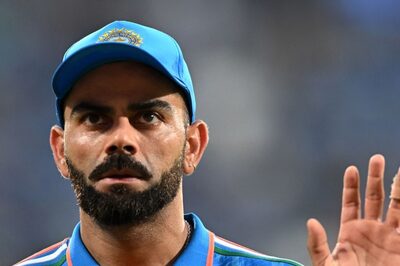


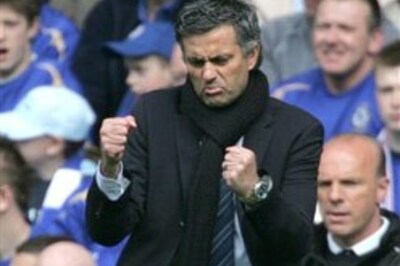

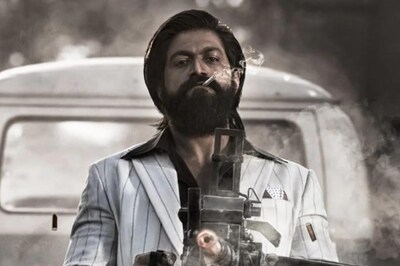
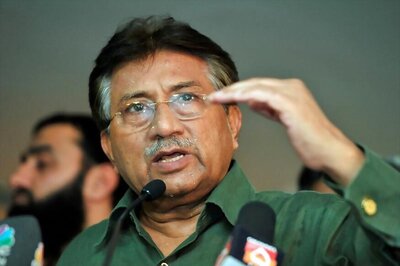
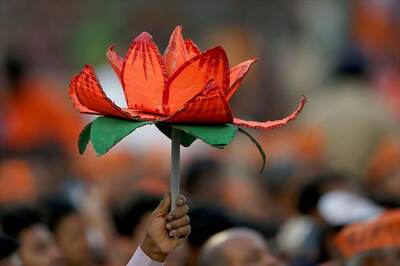
Comments
0 comment